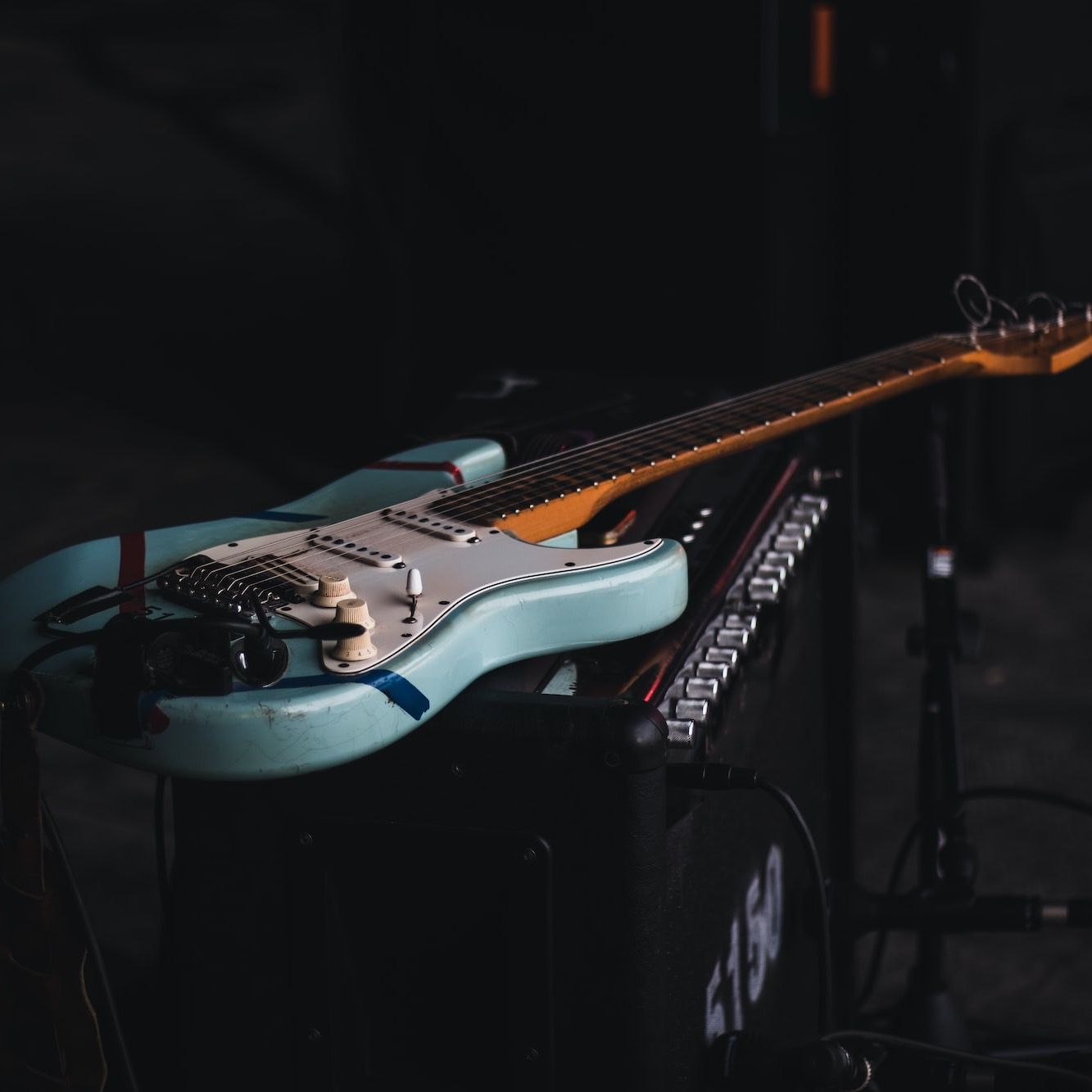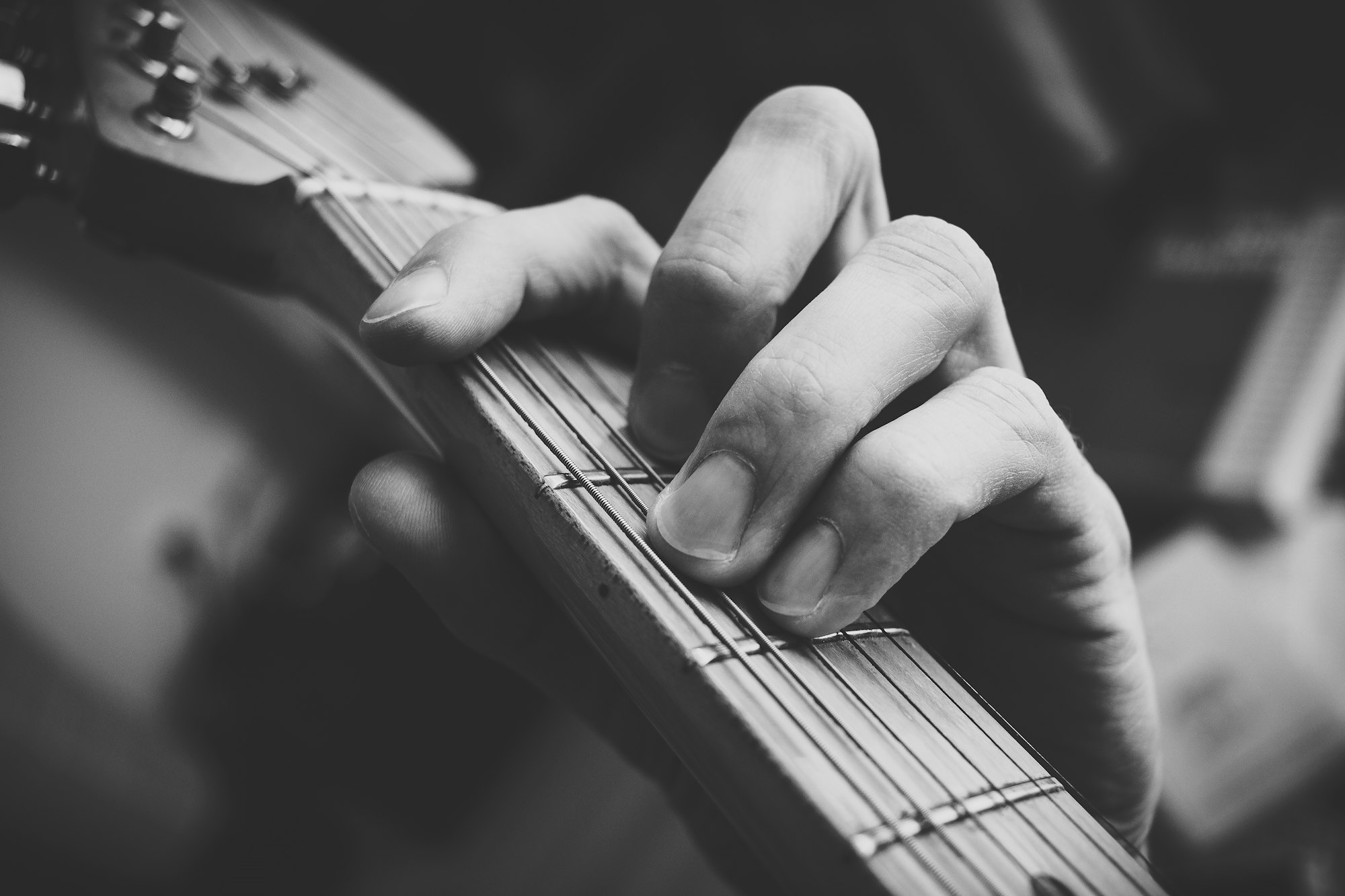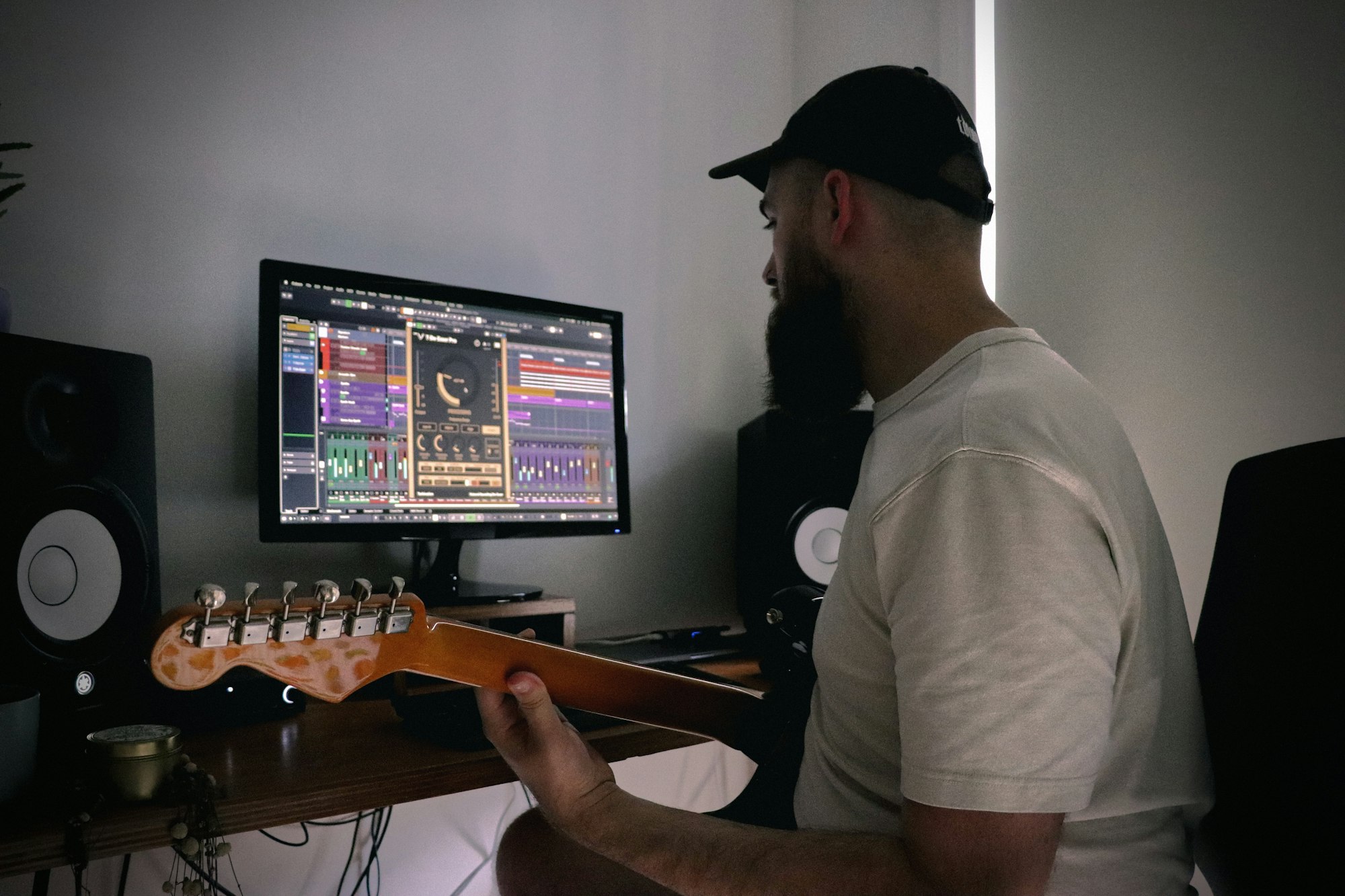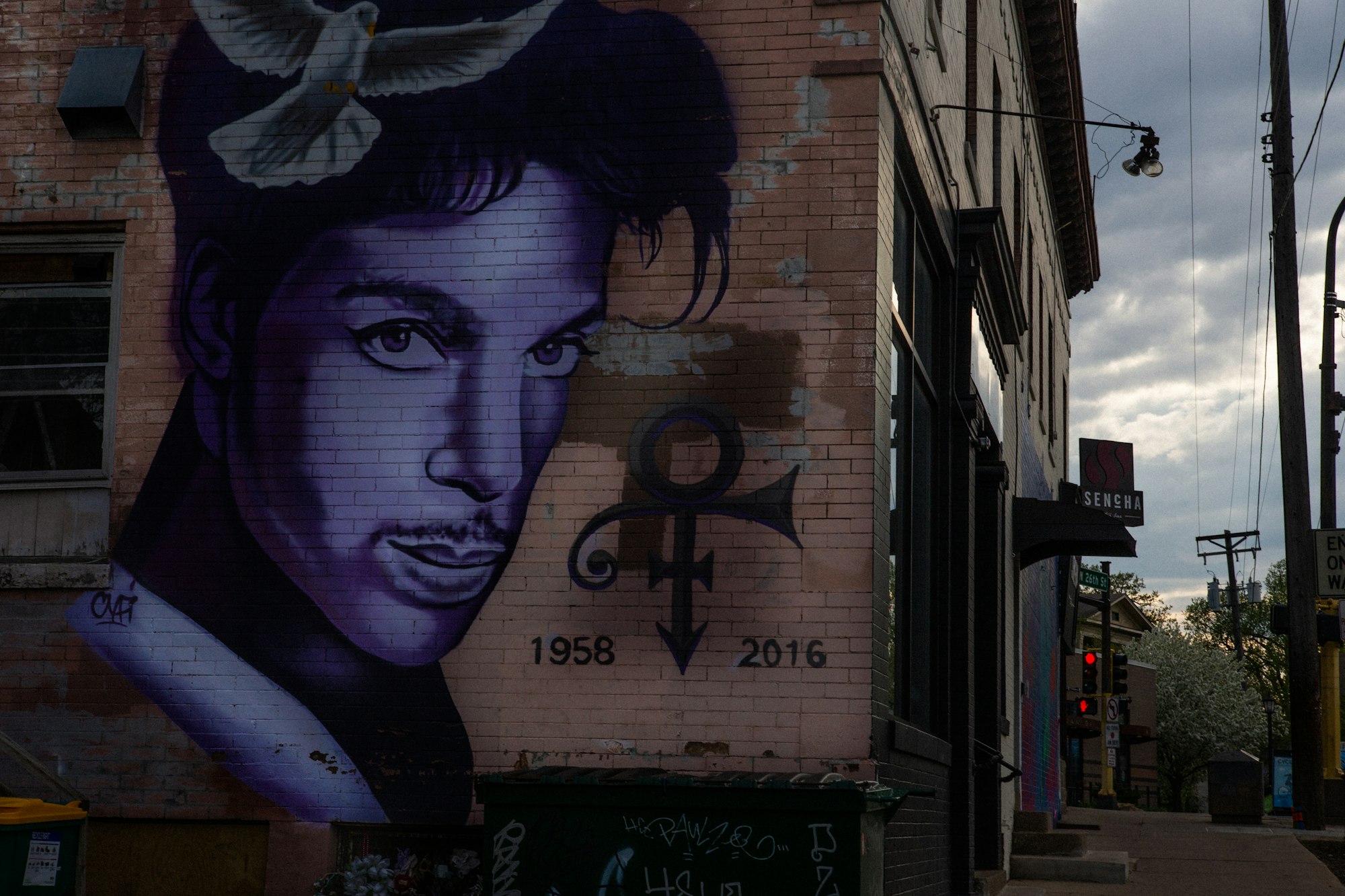Why Guitar in the 1980s Was So Good
Delve into the 1980s' golden era of guitar music, where individuality and craftsmanship thrived. This post addresses the modern challenge of sound homogenization and offers tips to cultivate a unique sonic identity.

The 1980s was a landmark decade for guitar music. It was a time when musical virtuosity and individuality were celebrated, guitars shrieked and wailed in the hands of masters, and the craft of musicianship was still at the heart of popular music. For many, the sounds of the '80s represent a golden age of guitar music. This blog post will explore why guitar in the 1980s was so revered and offer some advice on how modern musicians can cultivate their unique sound.

Craftsmanship Over Distraction
In the digital age, we are surrounded by distractions. The ease and accessibility of music production software have led to an abundance of music, but this has not always equated to quality. In the '80s, musicians spent years honing their craft, dedicating countless hours to practice and songwriting. They were less concerned with being prolific and more focused on creating a piece of music that reflected their unique style and ability.
The 1980s guitar virtuosos were not just guitar players; they were craftsmen, painstakingly constructing solos note by note and imbuing their songs with a level of technical mastery that remains awe-inspiring to this day. Their dedication to craft can be a valuable lesson for modern musicians.

The Homogenization of Sound
The widespread use of music production software such as Logic and Kontakt has had a significant impact on the sound of contemporary music. With everyone tapping into the same libraries of samples and digital instruments, music can sometimes sound homogenized and lack the uniqueness that defined the music of the 1980s.
In the '80s, guitar tones were as diverse as the musicians who wielded the instrument. The distinct sound of Eddie Van Halen's "Frankenstrat" was as different from Slash's Les Paul as their respective playing styles. This individuality and signature sound is something that modern musicians can strive to emulate.

Developing a Signature Sound
So, how can you develop your signature sound in an age of digital saturation? Here are a few pointers:
- Master Your Craft: Before anything else, spend time honing your skills. Regardless of the instrument or genre, there's no shortcut to becoming a proficient musician.
- Explore Your Influences: Understand the sounds and styles that inspire you. Dive deep into different genres, experiment with various techniques, and incorporate these influences into your music.
- Embrace Unconventionality: The guitar heroes of the '80s often broke the rules. Don't be afraid to step outside the conventional bounds of your instrument or genre. The quirks and idiosyncrasies of your playing style can contribute to your unique sound.
- Experiment with Gear: Don't limit yourself to digital tools. Explore different instruments, amplifiers, pedals, and recording techniques. The combination of digital and analog gear can lead to fresh and unique tones.
- Create, Don't Imitate: Use samples and libraries as a starting point, not the end product. Try manipulating and layering sounds to create something that is truly yours.

The spirit of the '80s guitar music lives on, not just in the recordings that we still enjoy today, but in the philosophy that drove those musicians: dedication to craft, a desire for individuality, and a ceaseless exploration of sound. By adopting a similar mindset, modern musicians can keep the flame of individuality and craftsmanship alive, creating music that is unique, expressive, and authentic.
